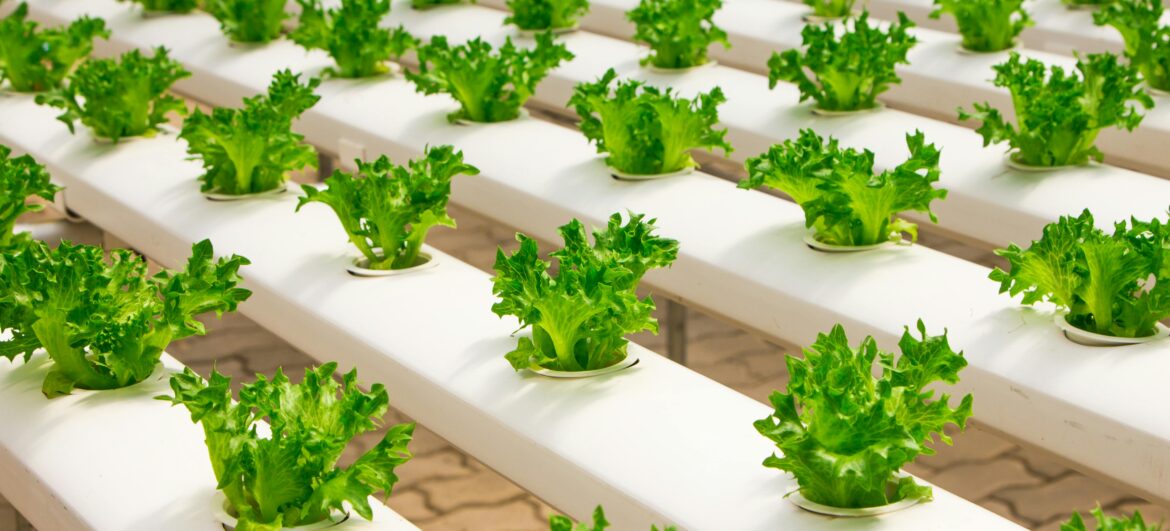Cultivating a Future Rooted in Sovereignty

Cultivating a Future Rooted in Sovereignty
Project Overview
The #GMOFreeGhana project is a multi-pronged campaign to eradicate genetically modified organisms (GMOs) from Ghana’s food systems through grassroots mobilization, digital activism, and global solidarity. By exposing the risks of GMOs and amplifying agroecological alternatives, we empower communities to resist corporate control and demand policies that prioritize food sovereignty.
Core Objectives
-
Raise Awareness: Educate 500,000+ Ghanaians on GMO risks and agroecology solutions.
-
Mobilize Public Opposition: Collect 150,000+ petition signatures to ban GMO field trials and imports.
-
Influence Policy: Pressure lawmakers to pass a National GMO Moratorium Bill.
-
Build Global Alliances: Strengthen partnerships with NGOs like Via Campesina to amplify Ghana’s voice in international food justice movements.
Key Activities & Strategies
1. Petition Drives: Uniting Voices for Change
-
Targets:
-
National: Ghana’s Parliament, Ministry of Food and Agriculture, National Biosafety Authority.
-
Global: African Union, UN Special Rapporteur on the Right to Food.
-
-
Approach:
-
Digital Campaign: Partner with platforms like Change.org and local apps (e.g., Tonaton) for online signatures.
-
Offline Mobilization: Signature booths at markets, universities, and festivals, with volunteers equipped with QR codes.
-
Community Dialogues: Host town halls to explain petition demands, linking GMOs to land rights and health.
-
-
Goal: 150,000 signatures by December 2025.
2. Social Media Storms: Viral Advocacy for the Youth
-
Platforms: TikTok, Instagram, Twitter (X), Facebook.
-
Tactics:
-
#SeedsofFreedom Challenge: Users post videos planting indigenous seeds or cooking traditional dishes.
-
Farmer Spotlights: Short clips of farmers sharing stories like, “My grandfather’s maize vs. GMO maize.”
-
Myth-Busting Series: Animated infographics debunking claims like “GMOs end hunger.”
-
Live Sessions: Q&As with scientists, activists, and chefs (e.g., “How GMOs threaten Ghana’s jollof”).
-
-
Metrics: Reach 1 million impressions monthly; recruit 10,000+ youth advocates.
3. Global Partnerships: Solidarity Beyond Borders
-
Via Campesina Collaboration:
-
Joint Advocacy: Co-host webinars on “GMOs and Neocolonialism in Africa” for global audiences.
-
Resource Sharing: Translate Via Campesina’s agroecology manuals into local languages (Twi, Ga, Ewe).
-
International Days: Mobilize for October 16 (World Food Day) with synchronized protests and petitions.
-
-
Other Allies: Partner with Health of Mother Earth Foundation (Nigeria) and Slow Food International for cross-border campaigns.
4. Documentary Screenings: Igniting Rural Resistance
-
Films Featured:
-
“Seeds of Death”: Exposes global GMO monopolies.
-
“The Organic Revolution” (Local Production): FSG-produced doc on Ghanaian farmers thriving without GMOs.
-
-
Logistics:
-
Mobile Cinema Units: Solar-powered projectors for off-grid communities.
-
Post-Screening Actions:
-
Facilitate debates: “Should our village adopt GMOs?”
-
Distribute pamphlets with steps to report illegal GMO activities.
-
Launch Village Watchdog Committees to monitor seed distributors.
-
-
-
Goal: 200 screenings in 12 months, targeting regions with high GMO lobbying (e.g., Northern, Bono East).
Phases of Implementation
-
Phase 1 – Awareness (Months 1-6):
-
Launch social media campaigns and host 50 documentary screenings.
-
Train 100 volunteers as “GMO Educators.”
-
-
Phase 2 – Mobilization (Months 7-12):
-
Petition drives peak during farming seasons and festivals.
-
Partner with celebrities and influencers for a “Sign & Share” blitz.
-
-
Phase 3 – Advocacy (Months 13-18):
-
Deliver petitions to Parliament with a farmer-led march.
-
Draft model legislation with legal NGOs and submit to policymakers.
-
Impact & Success Metrics
-
Short-Term:
-
50,000+ petition signatures in Phase 1.
-
10 villages declare themselves “GMO-Free Zones.”
-
-
Long-Term:
-
Passage of a GMO moratorium law by 2026.
-
30% reduction in agrochemical use in targeted regions.
-
Challenges & Solutions
-
Corporate Backlash:
-
Solution: Preemptively expose industry-funded “fake farmers” through investigative reports.
-
-
Digital Divide:
-
Solution: Use radio jingles and SMS alerts for rural areas.
-
-
Policy Apathy:
-
Solution: Mobilize constituents to flood MPs’ offices with calls and letters.
-

